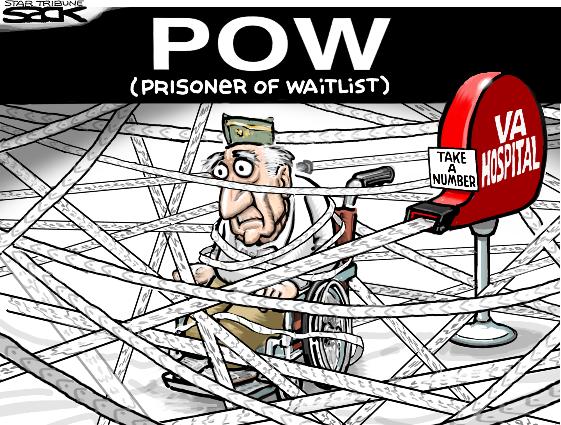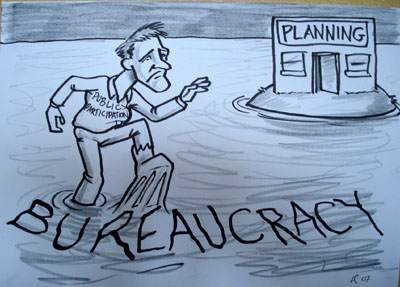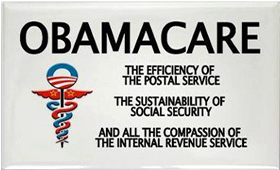Whistleblowers at Veterans Benefits Administration report instances of retaliation
by Ellison Barber Whistleblowers from regional offices of the Veterans Benefits Administration testified before the House Veteran Affairs Committee on Monday night that the agency has been tampering with documents,…



